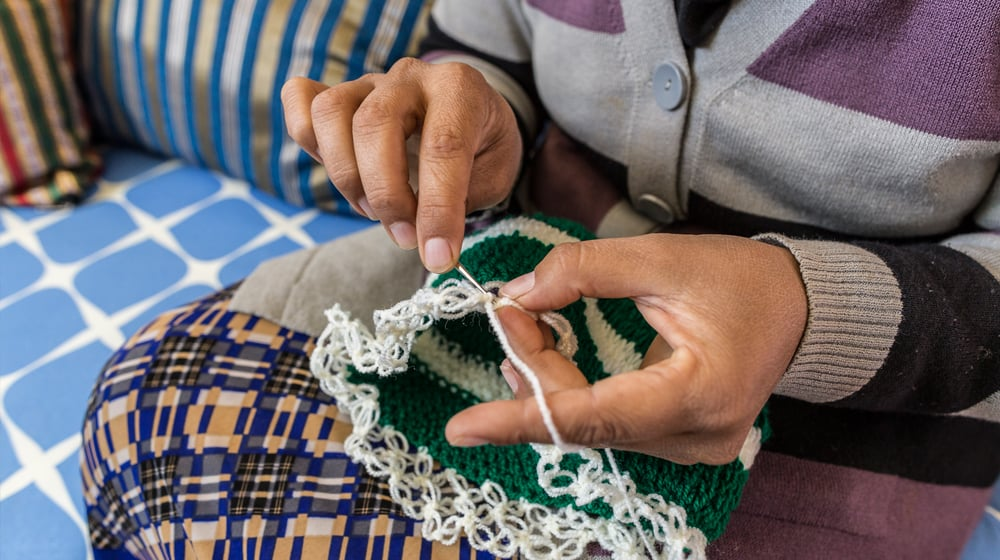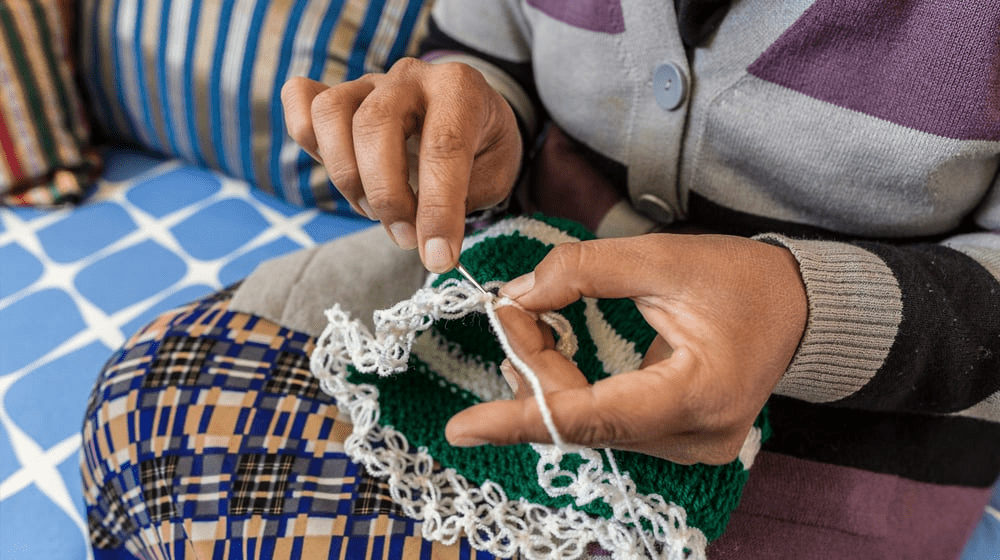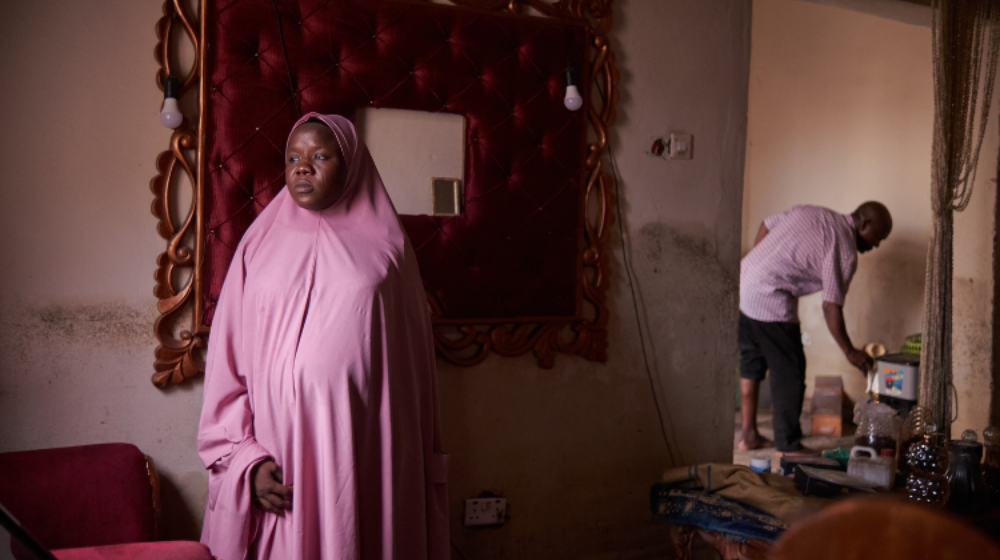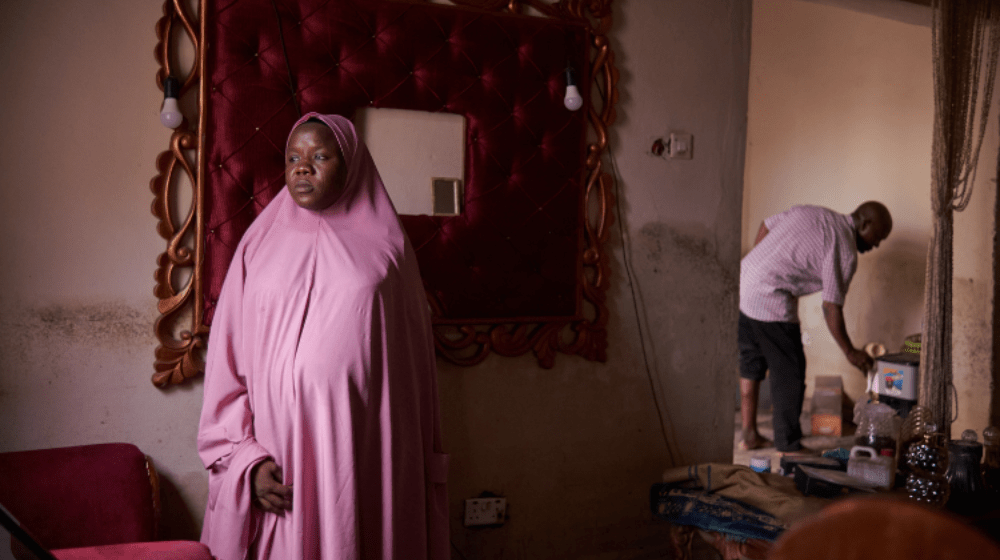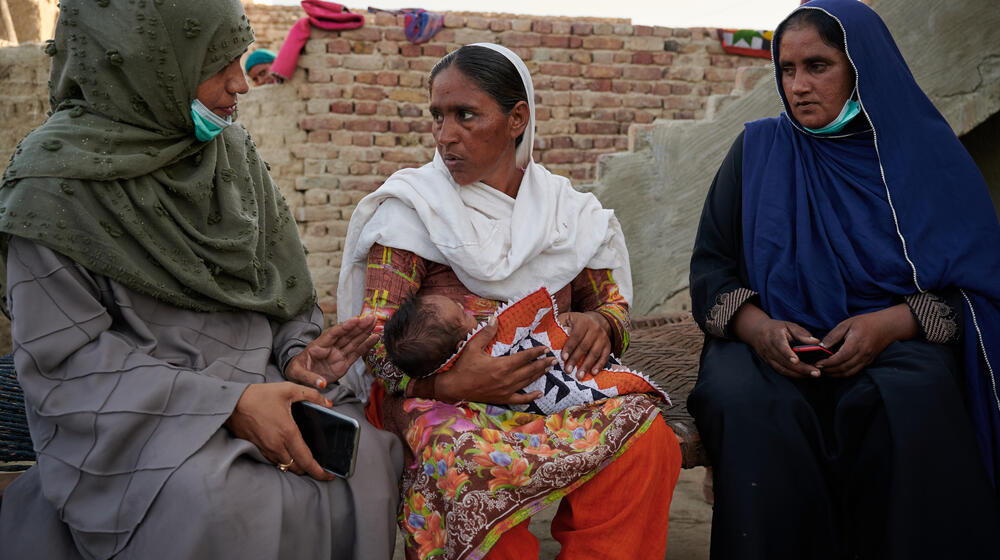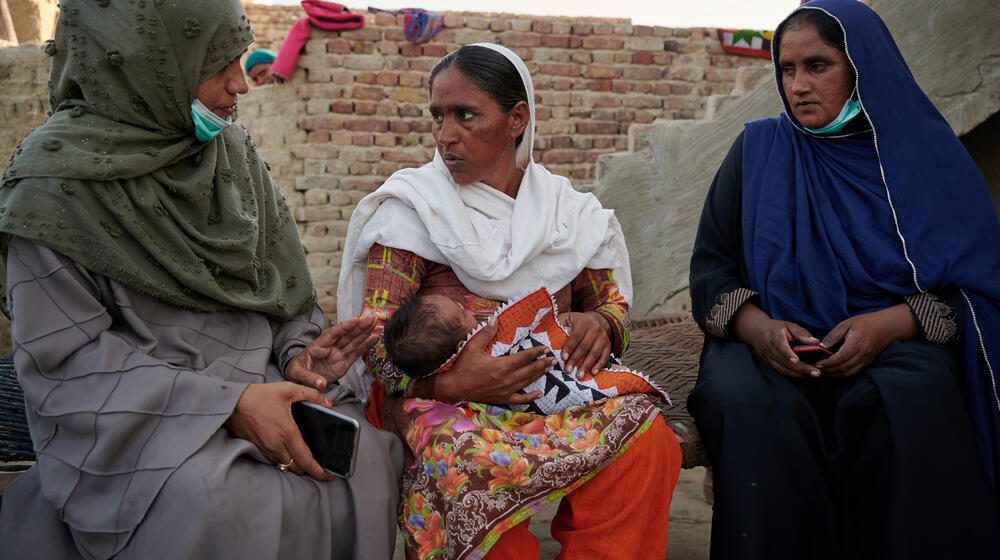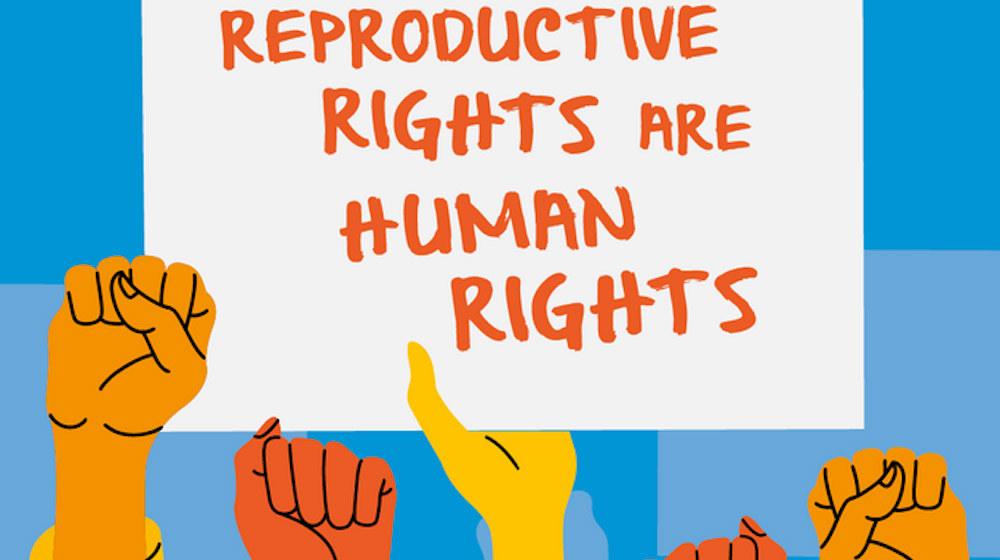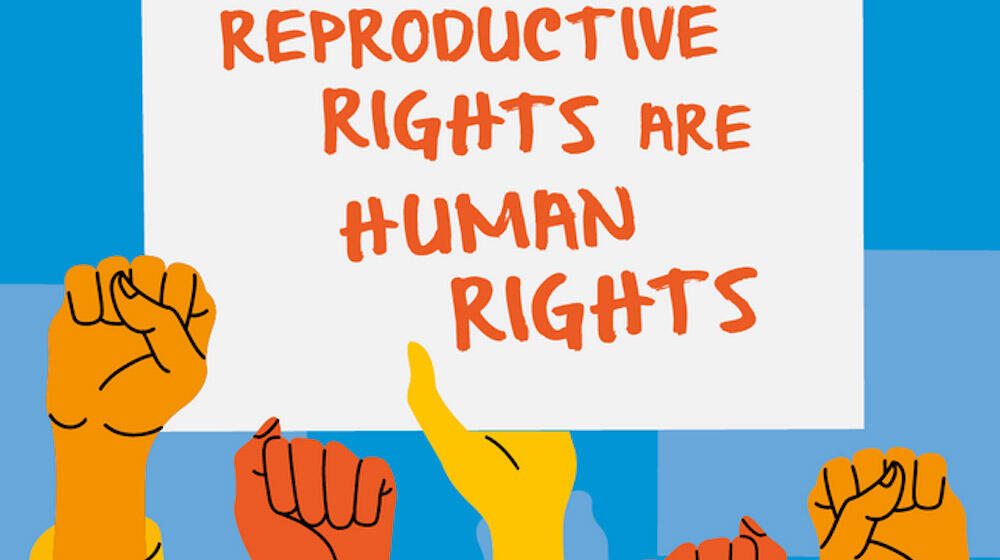16 Days of Activism Against Gender-Based Violence
Violence against women is a violation of human rights.
Every year, the world marks the 16 Days of Activism Against Gender-Based Violence campaign – which begins on the International Day for the Elimination of Violence Against Women on 25 November and runs through International Human Rights Day on 10 December – to raise awareness and inspire action to combat gender-based violence.
UNFPA strives to eliminate violence against women and girls in all its forms, including sexual and physical assault, intimate partner violence, emotional abuse, forced and child marriage, female genital mutilation, digital violence and many others, wherever and whenever they occur.
As our world experiences intensifying conflicts and climate disasters, we’re seeing record levels of displacement and instability, exposing women and girls to soaring risks of gender-based violence. In times of crisis, women are often forced to flee home alone or with children and to undertake dangerous journeys. Accommodations, if available at all, are typically temporary, overcrowded and unsafe. Sexual exploitation and abuse rise as women are stripped of their safety nets and networks. Some are forced to turn to damaging coping mechanisms to survive, such as providing sexual services in a desperate exchange for food or money.
Yet when the needs of women and girls are highest, access to services and support shrinks. Displacement disrupts health and protection structures, ruptures community support systems and separates families. The risk of gender-based violence can present a formidable barrier for displaced women and girls to accessing the basics for survival, including food, shelter and healthcare.
Further, gender-based violence is a vastly under-reported and under-investigated crime, perpetuated by a cycle of impunity for abusers. This fosters an environment of fear and stigma, hindering the healing of survivors and negating their right to justice and support.
Meanwhile, in the virtual world, digital violence takes on many nefarious forms, including image-based sexual exploitation that disproportionately affects women and girls. Survivors feel fear, panic and depression and see adverse effects on their relationships, work and social lives. Sometimes digital violence moves offline, threatening physical safety. UNFPA knows the virtual is real.
Despite the serious effects of gender-based violence in all its forms, addressing it is still not prioritized with enough urgency – especially amid humanitarian crises, where more than two thirds of women are subjected to this abuse. We must invest far more resources and garner more political will towards ending it for good. Survivors and advocates are increasingly speaking up to make this happen, sharing their stories and calling for change. And UNFPA is mobilizing partners and resources with the goal of making all spaces safe for women and girls, everywhere.
Updated 22 November 2024

